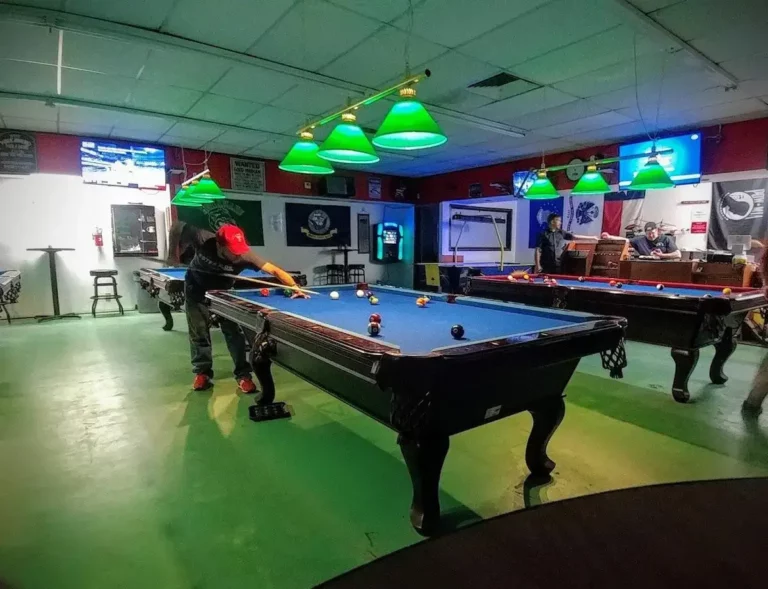Travel and Tech: What’s Changed?
The travel industry is undergoing a remarkable transformation, thanks to the advent of groundbreaking technologies. From enhancing security to improving passenger comfort, technology is changing the way we travel, making it safer, more efficient, and more enjoyable.
As we step into an era of smart travel, several technological innovations stand out for their significant impact on the industry. This article will explore some of these key technologies and how they are reshaping the travel experience for millions around the globe.
In a world where travel is not just a means to an end but an experience in itself, these technological advancements play a pivotal role. They are not only addressing traditional challenges such as safety and efficiency but are also opening new frontiers in personalized travel experiences.
Elevating Security and Safety in Travel

One of the most significant impacts of technology in travel is the enhancement of security and safety measures. With the integration of advanced surveillance systems, biometric identification, and AI-powered security protocols, travelers today are safer than ever.
Airports and train stations worldwide are deploying state-of-the-art security systems that expedite the check-in process while ensuring thorough screening.
Biometric systems using facial recognition and fingerprint scanning are becoming commonplace, enhancing security measures while offering a seamless travel experience. Secure travel in this day and age is an absolute must, especially if you’re with a young family.
Furthermore, technology is enabling real-time monitoring and response to potential security threats. AI and machine learning algorithms are being used to analyze large volumes of data to identify patterns and predict security breaches before they occur.
This proactive approach to security is transforming travel into a safer and more secure experience for everyone.
Embracing Sustainable and Eco-Friendly Travel Technologies
In addition to enhancing safety, comfort, and personalization, technology is also playing a crucial role in making travel more sustainable and eco-friendly. With growing awareness about environmental issues, there is an increasing demand for green travel options.
Technological innovations are enabling the travel industry to reduce its carbon footprint through various means. Electric and hybrid engines in buses and airplanes are being developed and deployed to reduce emissions.
Solar-powered accommodations and eco-friendly travel gadgets are becoming more popular among environmentally conscious travelers.
Moreover, technology is facilitating the efficient use of resources in the travel industry. Smart building technologies in hotels and airports optimize energy consumption, while AI-driven logistics help in reducing fuel usage in transportation.
These advancements not only contribute to a healthier environment but also offer a more responsible and sustainable way of exploring the world.
As the travel industry continues to grow, the integration of these green technologies will play a pivotal role in ensuring that travel remains a sustainable activity for future generations.
Ensuring Clean Air in Transit with Smoke and Vape Detectors
Another area where technology is making a significant impact is in maintaining the air quality in enclosed transit spaces like buses and airplanes.
The use of smoke and vape detectors is becoming increasingly important in ensuring a clean and healthy environment for passengers.
These detectors are designed to identify the presence of smoke or vape particles in the air, triggering alerts that enable staff to take swift action to maintain air quality.
The importance of clean air in transit cannot be overstated, especially in the wake of global health concerns. Ensuring that air in buses, trains, and planes is free from contaminants like tobacco or vape smoke is crucial for passenger health.
The implementation of these detectors is a step forward in ensuring that travel not only remains safe but also healthy.
Personalizing Travel Experiences Through Technology
Beyond safety and cleanliness, technology is also personalizing the travel experience in unprecedented ways. With the rise of big data and AI, travel providers can now offer highly customized experiences to passengers.
From personalized entertainment systems on flights to AI-driven recommendations for dining and activities at destinations, technology is enabling a level of personalization that was previously unimaginable.
For instance, some airlines and hotels use customer data to understand preferences and provide tailored services, such as preferred seating, special meal options, or customized room settings.
This personalization extends to mobile apps and online platforms, where travelers can plan and book their entire trip tailored to their preferences. Features like virtual reality previews of hotels and destinations, personalized itinerary builders, and real-time language translation services are making travel more accessible and tailored to individual needs.
As technology continues to advance, the potential for even more personalized and intuitive travel experiences will expand, making each journey unique and tailored to the preferences of the traveler.
This shift towards personalization is not only enhancing the enjoyment of travel but also paving the way for more efficient and customer-centric travel services.
Technology’s Role in Enhancing Travel: A Comparative View
To better understand the impact of these technologies, let’s consider a data table illustrating their adoption in the travel industry:
| Technology | Adoption Rate in Travel Industry | Impact on Travel Experience |
| Biometric Security Systems | 75% | Significant improvement in security and check-in efficiency |
| Real-Time Monitoring Systems | 60% | Enhanced safety and proactive threat management |
| Smoke and Vape Detectors | 50% | Improved air quality and health standards in transit |
This table highlights how widespread the adoption of these technologies has become and their substantial impact on enhancing the travel experience.
From security to health, the benefits of these technological advancements are far-reaching, making travel not only more efficient but also more enjoyable.
The Future of Travel is Tech-Driven
In conclusion, the future of travel is undeniably intertwined with technology. As we continue to witness the development of innovative technologies, their integration into the travel industry is set to further revolutionize the way we move around the world.
From ensuring safety and security to maintaining health standards in transit environments, technology is at the forefront of reshaping the travel landscape.
As these technologies evolve and become more integrated into everyday travel experiences, they promise to make traveling not just a means to reach a destination, but a safe, efficient, and enjoyable journey in itself.







